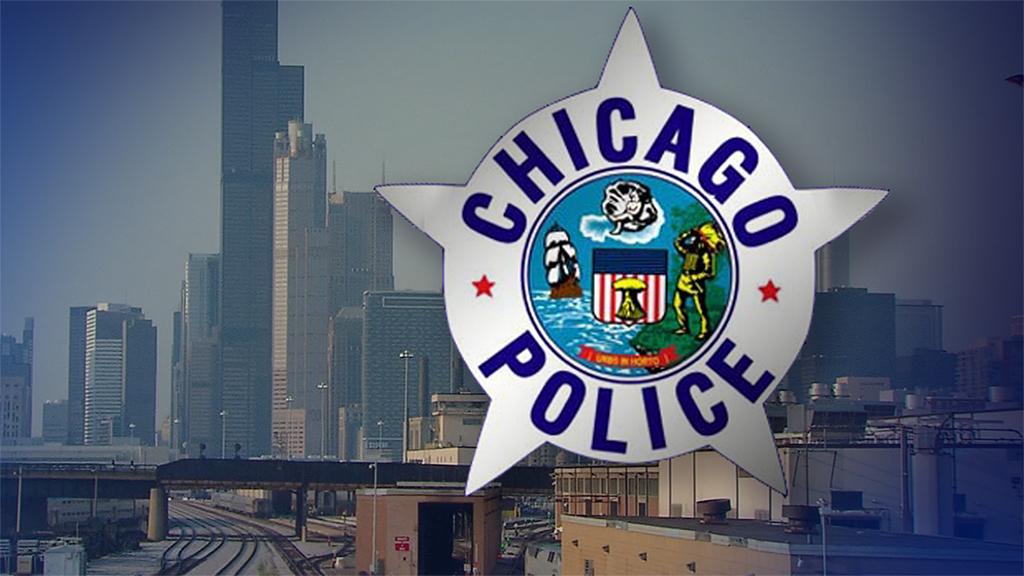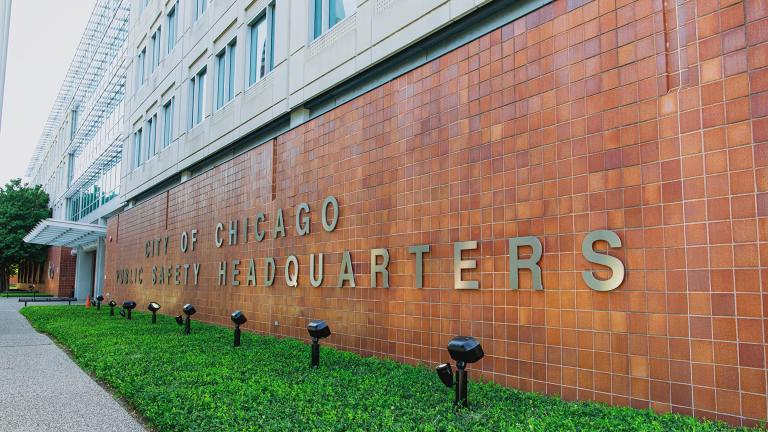 (WTTW News)
(WTTW News)
The agency charged with investigating allegations of police misconduct improperly closed probes prompted by anonymous complaints that were supported by evidence of wrongdoing, according to a new audit by Chicago’s watchdog.
The audit, published Thursday by Inspector General Joseph Ferguson, is the third in three months to criticize the Civilian Office of Police Accountability, which was created in the wake of the murder of Laquan McDonald, a Black Chicago teen, by a White Chicago police officer in October 2014.
The labor agreement between the city of Chicago and the Fraternal Order of Police Lodge 7, which represents rank-and-file Chicago Police Department officers, prohibits anonymous complaints from being used as the basis of a disciplinary investigation of an officer.
However, that requirement can be overridden with the approval from the head of another agency charged with investigating police misconduct if there is “objective, verifiable evidence to support the allegations,” including video of the incident, 911 calls and witness statements.
Both COPA and the Chicago Police Department “do not consistently conduct sufficient preliminary investigations before closing cases for lacking an affidavit,” according to the audit.
In all, 62.3% of investigations between Jan. 1, 2017 and Dec. 31, 2018 were closed for the lack of an affidavit, according to the audit. That resulted in 2,290 allegations of potential police misconduct were reported but not fully investigated, according to the audit.
COPA spokesman Ephraim Eaddy said the agency has changed its approach since 2018.
“COPA has matured significantly as an organization during the past two years which is reflected in the increased rate of cases closed following a full investigation since 2019,” Eaddy said in a statement. “As always, we appreciate the feedback of the Inspector General and to the extent further revision to policy is warranted we will address as warranted.”
Mayor Lori Lightfoot said at an unrelated news conference on Wednesday that she had not yet read Ferguson’s audit, but has encouraged COPA leaders to investigate all allegations of misconduct fully, regardless of whether there is an affidavit.
Allegations of police misconduct were more likely to result from investigations that were completed without a signed affidavit, according to the audit.
“The override process, if used as designed, is an effective tool for ensuring that police misconduct is meaningfully investigated, while also providing an opportunity for verification of the reliability of complaints for which CPD members may be investigated,” according to the audit. “Historically, however, the process has been underused and, perhaps, poorly understood.”
Both the police department’s Bureau of Internal Affairs and COPA should improve training on when an affidavit override would be appropriate, the audit recommends.
Between Feb. 18, 2005 and Dec. 26, 2018, police misconduct investigations requested just 98 affidavit overrides. Most were related to allegations of domestic violence or excessive force, according to the audit.
An investigation of the Chicago Police Department by the Department of Justice, released in 2017, criticized the requirement for a sworn affidavit before complaints against officers could be investigated, saying it meant many allegations were never made for fear of retaliation.
That confirmed 2016 findings from the Police Accountability Task Force, which determined the affidavit requirement discouraged reports of misconduct. The task force was formed by former Mayor Rahm Emanuel and led by Lightfoot when she was president of the Chicago Police Board in the wake of McDonald's murder.
The Chicago City Council approved a new contract with Chicago Police Department sergeants, lieutenants and captains in July that allows police misconduct complaints to be submitted anonymously and investigated.
The new agreement protects the names of complainants from being disclosed to officers until immediately prior to their interview, which typically comes at the end of an investigation, according to the mayor’s office.
Lightfoot called that contract a “historic” win in the effort to reform the Chicago Police Department, and has insisted that a similar provision be included with any new agreement with the FOP, which represents the bulk of the 13,500-officer force.
FOP leaders have vowed to block such a change, saying it would put officers at risk of being investigated based on malicious and unfounded complaints.
In September, an audit by Ferguson’s office found that COPA improperly closed probes without reaching a conclusion. The probes examined as part of that audit included those that were closed because of a lack of an affidavit.
Ferguson’s office also determined in September that COPA failed to release video and audio recordings of use-of-force incidents within 60 days, as required by city law.
COPA Chief Administrator Sydney Roberts told the city’s Police Board that the agency had “never intentionally withheld” information from the public.
Contact Heather Cherone: @HeatherCherone | (773) 569-1863 | [email protected]








